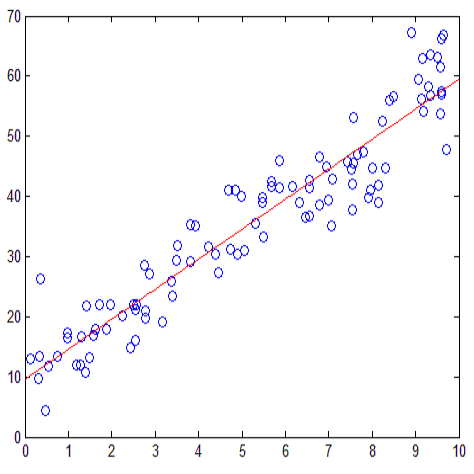The linear regression model is widely used in the biomedical and social sciences as well as in policy and business research to adjust for covariates and estimate the average effects of treatments. Behind every causal inference endeavor there is at least a notion of a randomized experiment. However, in routine regression analyses in observational studies, it is unclear how well the adjustments made by regression approximate key features of randomization experiments, such as covariate balance, study representativeness, sample boundedness, and unweighted sampling. In this paper, we provide software to empirically address this question. In the new lmw package for R, we compute the implied linear model weights for average treatment effects and provide diagnostics for them. The weights are obtained as part of the design stage of the study; that is, without using outcome information. The implementation is general and applicable, for instance, in settings with instrumental variables and multi-valued treatments; in essence, in any situation where the linear model is the vehicle for adjustment and estimation of average treatment effects with discrete-valued interventions.
翻译:线性回归模型广泛用于生物医学和社会科学以及政策和商业研究,以适应共变和估计治疗的平均效果。在每个因果推断背后,至少有一个随机实验的概念。然而,在观察研究的常规回归分析中,尚不清楚回归法对随机实验的近似关键特征,如共变平衡、研究代表性、抽样约束性和非加权抽样等所作的调整有多好。在本文中,我们为实验性地解决这一问题提供了软件。在新的R lmw套件中,我们计算了平均治疗效果的隐含线性模型重量,并为它们提供了诊断。加权是作为研究设计阶段的一部分获得的;也就是说,没有使用结果信息。实施是普遍的和适用的,例如,在具有工具变量和多值治疗的环境下;实质上,在线性模型是采用离散评价干预措施调整和估计平均治疗效果的工具的任何情况下。</s>




